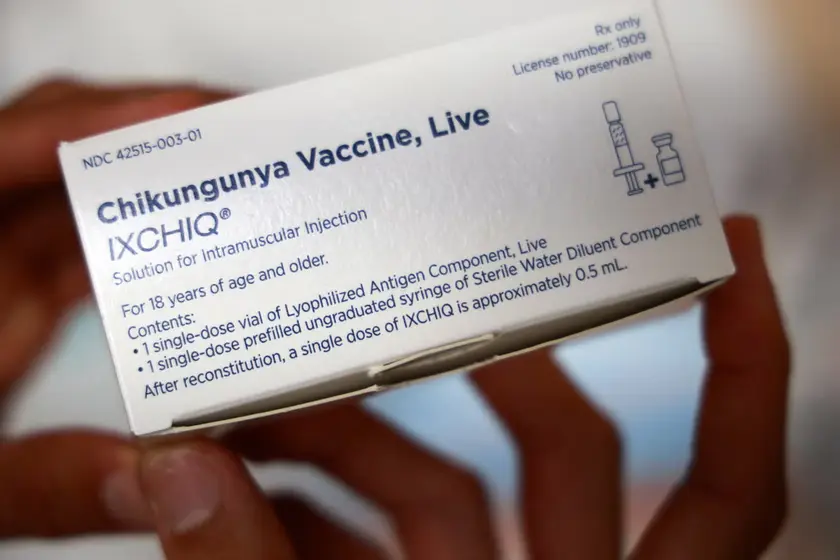T4K3.news
Three UK cases of tropical virus linked to Brazil travel
Urgent health guidance issued as authorities monitor a tropical virus detected in Britain for the first time.
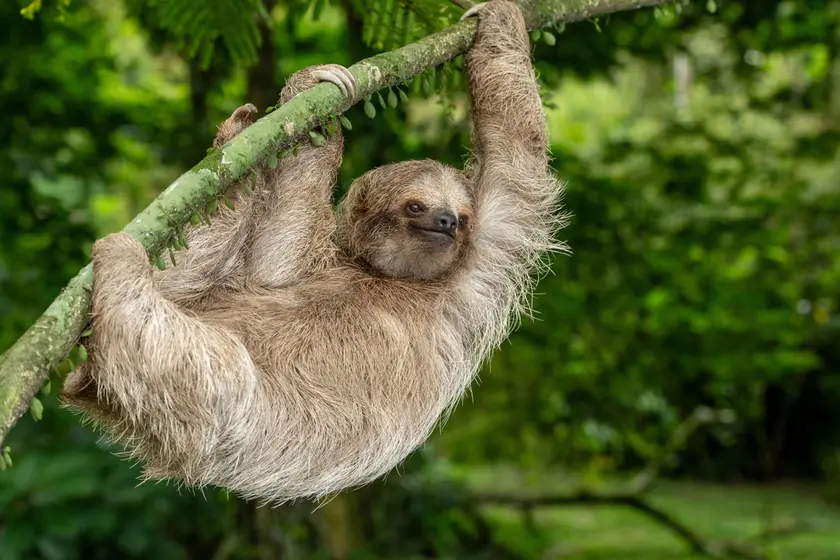
Three UK cases of Oropouche virus linked to Brazil travel prompt urgent guidance from the health watchdog.
UK records first deadly sloth virus cases as health watchdog issues urgent warning
UK Health Security Agency data show three cases of Oropouche virus in Britain between January and June this year. All victims had recently travelled to Brazil after outbreaks there. The virus is tropical and usually found in the Amazon region. It is spread through bites from midges and some mosquitoes and can also be transmitted through sexual contact in rare cases. There is no cure, but preventive measures include wearing long sleeves, using insect repellent containing DEET, staying in air conditioned spaces and using insecticide treated nets. Symptoms typically appear four to eight days after a bite and can last up to a week, with about two thirds of cases seeing symptoms recur after a few days or weeks.
First deaths linked to the virus were reported in Brazil in July 2024, underscoring the seriousness behind a tropical disease that is uncommon in the UK. The UKHSA has advised travellers who become unwell with fever, chills, headache, joint pain or muscle aches after travel to affected areas to seek urgent medical advice. The disease was first identified in the 1950s in Trinidad and Tobago and is endemic to the Amazon region, with cases in several countries across Central and South America. In 2024 and 2025 outbreaks have occurred in multiple countries, underscoring how travel and climate factors can drive new health threats.
Key Takeaways
"If a person becomes unwell with symptoms such as high fever, chills, headache and joint pain following travel to affected areas, they should seek urgent medical advice."
UKHSA guidance for travellers experiencing symptoms after travel
"There is no cure, but there are preventative measures travellers can take like wearing long-sleeved clothing and using insect repellent to ward off midges."
UKHSA prevention guidance
"The disease was first discovered in the 1950s in Trinidad and Tobago, and is endemic to the Amazon region."
Virus history background
"The first ever deaths linked to the virus were reported in Brazil in July 2024."
Historical outcome
The outbreak highlights how global mobility and shifting climate patterns can bring tropical health risks into non tropical regions. Officials must balance clear, practical guidance with the need to avoid alarm, and ensure resources for vector surveillance and public communication keep pace with travel trends. This event also tests public trust in health messages about unfamiliar diseases and challenges policymakers to coordinate cross border responses as cases rise elsewhere. A steady information approach is essential to prevent misinformation and unnecessary panic.
Highlights
- Tropical risks travel with people not borders
- Public health must stay one step ahead of outbreaks
- Prevention beats panic every time
- Seek urgent help if fever follows travel to affected areas
Public health risk from travel linked tropical disease
The detection of Oropouche virus cases in the UK raises concerns about travel related health threats, potential public reaction, and the need for clear guidance and resource allocation for vector control and surveillance.
As travel resumes, clear and calm guidance will matter more than ever.
Enjoyed this? Let your friends know!
Related News
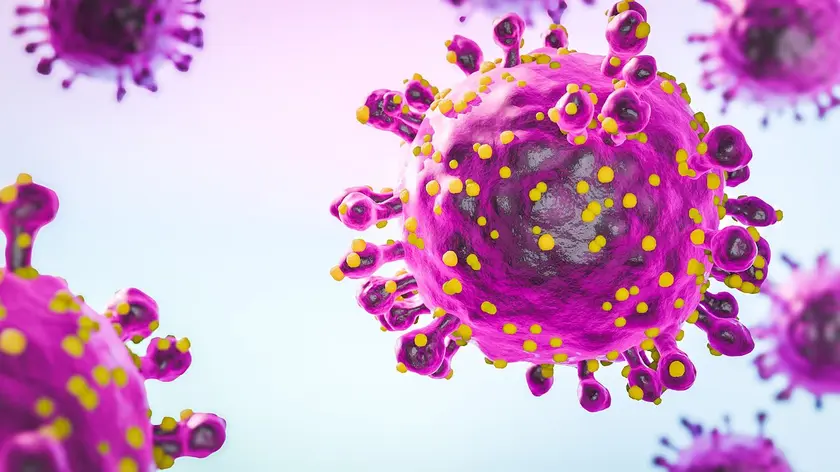
Oropouche virus detected in Britain

Chikungunya cases rise in UK
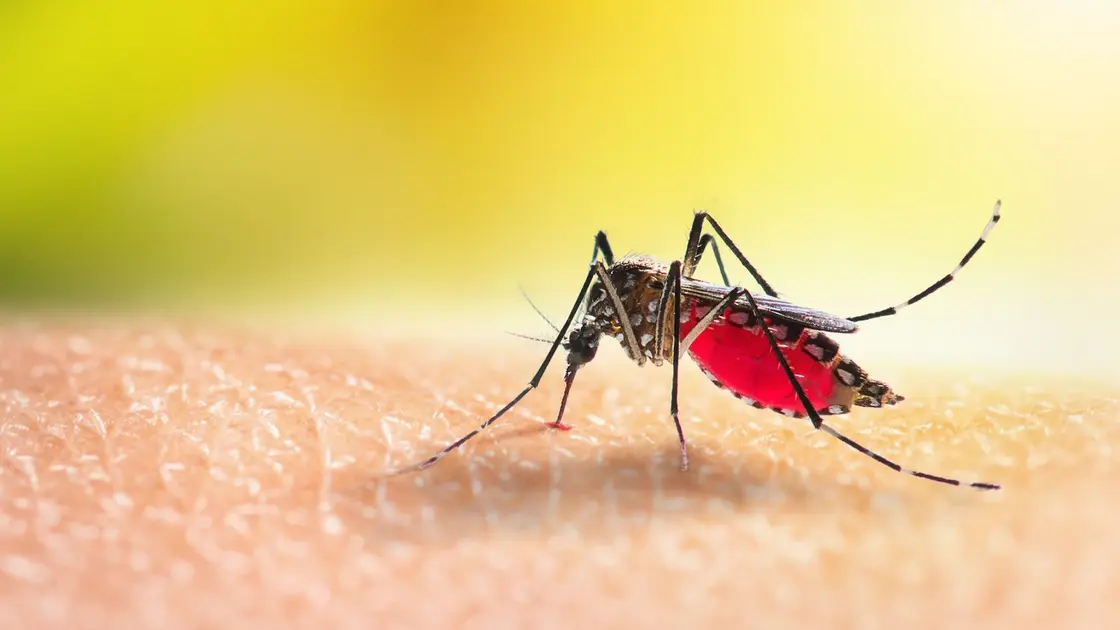
UK travel health update
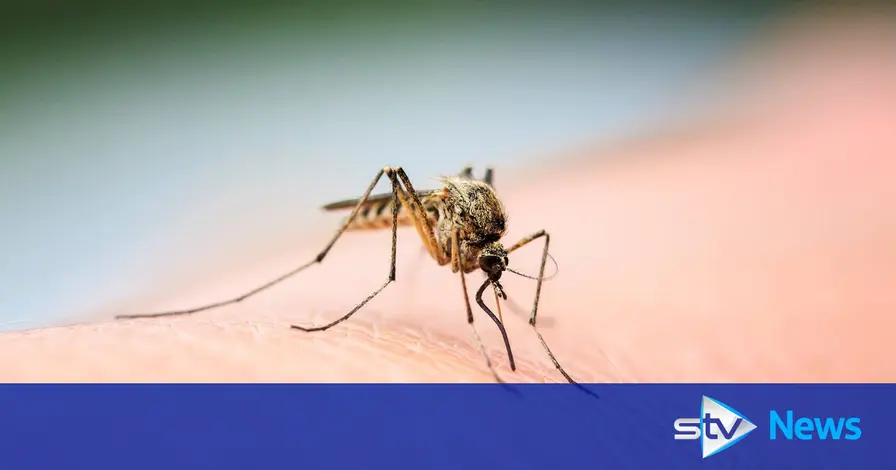
UK travel health alert
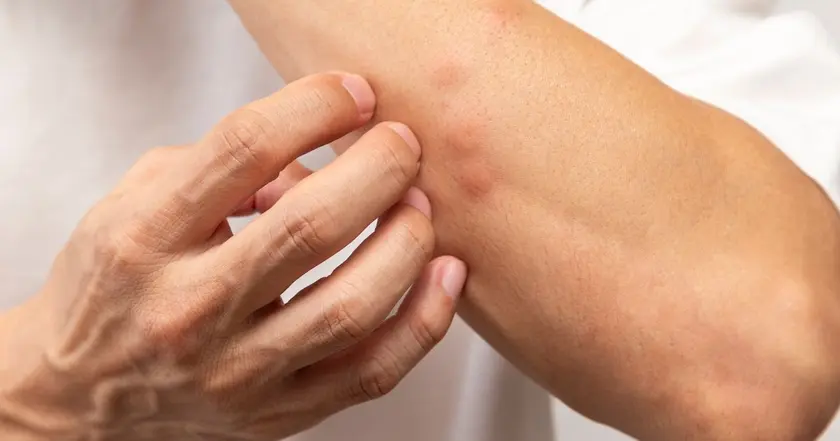
UK detects first travel related Oropouche virus cases

Chikungunya travel advisory

Tropical illnesses threaten travelers abroad
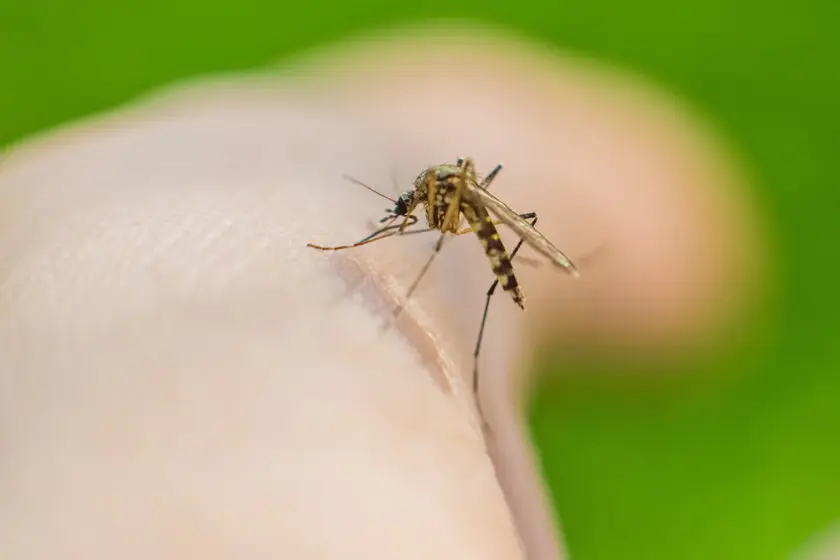
Chikungunya cases rise significantly in China
